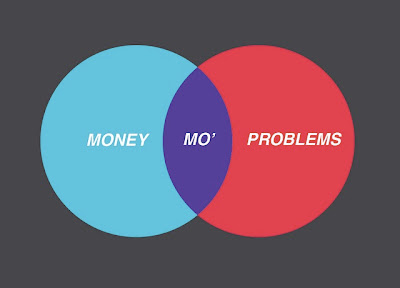PRODUCTION JOURNAL: THR's Interview with Nicolas Chartier on Anti-Piracy Crusade and Why Union Workers Need Less Pay
The Hollywood Reporter recently interviewed French producer, Nicolas Chartier . You might know him for the Oscar-winning films (The Hurt Locker and Dallas Buyer's Club) his company, Voltage Pictures , has produced. Or you might know him as the guy who went on a tirade about union workers. Or you might know him because he sued you for illegally downloading The Hurt Locker and his other films. Love him or hate him, in The Hollywood Reporter's recent interview with him he speaks clearly about the success and difficulties of filmmaking including how he has charted a path producing both indie dramas and action films, why a union-worker should not be paid so much and why piracy has made him have to shoot 5 films instead of 10. +++++++ Nicolas Chartier has an issue with impulse control. The 40-year-old France-born president of Voltage Pictures — which, since it opened nine years ago, has been releasing a steady stream of Oscar-nominated dramas ( Dallas Buyers Club ), ...
